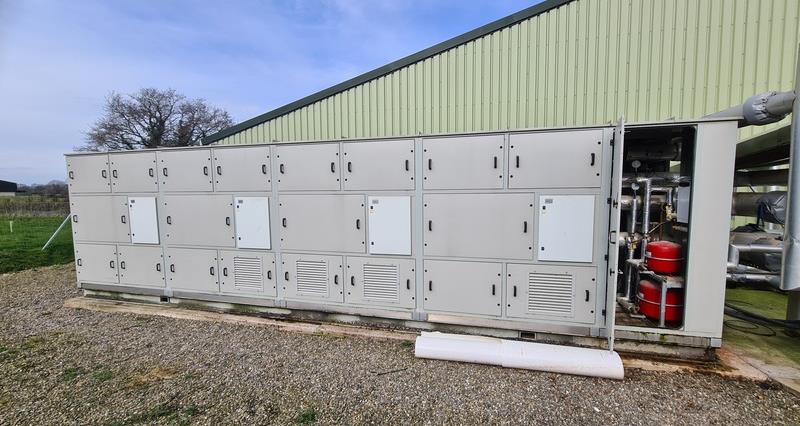The Department for Levelling Up, Housing and Communities is consulting on proposed changes to the Town and Country Planning (General Permitted Development) (England) Order 2015.
We’ve outlined the proposed changes below:
Expansions to householder extensions
The consultation proposes expansions to the permitted development for householder extensions including the addition of a new storey to a dwelling house.
Proposals are seeking to increase the permissible size of extensions as well allowing them to move closer to the boundary of a property’s curtilage (the surrounding owned land to a property including gardens and driveways, minus the area taken up by the dwellinghouse).
Demolition of existing buildings and the rebuild/replacing of buildings
Questions 30-35 in the consultation refer to class ZA, Part 20.
This class allows for the demolition of a single detached buildings (Class B1General Industrial) and the rebuilding of a single block of flats or detached dwellinghouse.
Currently, buildings are limited by the age of construction which is those built after 31 December 1989. The proposals include the removal of this restriction which will increase the number of buildings that could be converted into dwellings, while maintaining an existing footprint.
Currently there is a restriction that new buildings built under class ZA must have the same footprint as the original building.
The consultation seeks views on removing this restriction and allowing a further increase in the footprint of the building. The consultation does not state how far these increases would be as did a previous consultation which closed in September 2023 and proposed increases to the size of new buildings built under permitted development (class A of part 7).
The government has stated that it has not finalised proposals from this previous consultation. The proposed size increases for new buildings under class ZA would be taken from the changes for class A of part 7).
Installation of domestic heat pumps and electric vehicle charging infrastructure
Similar to proposals for electrical vehicle charging infrastructure the government is proposing changes to the permitted development right (class G of part 14) for the location of heat pumps within the curtilage of a dwelling.
Proposals seek to increase the permissible area where a heat pump can be installed under permitted development rights.
The consultation also seeks views on increases to the permissible size (volume limit) of a heat pump under permitted development, as well as the number of heat pumps for certain types of residential building and the type of dwelling that is allowed under the right.
The NFU notes the government proposals to change current permitted development rights that limit the size and location of EV chargers and related electrical equipment.
With a growing interest in providing EV charging as a service, such as at farm shops and holiday lettings, NFU members could benefit from more flexibility in locating EV chargers within existing farm site constraints, and the expectation that future bi-directional EV charging units (anticipated for so-called Vehicle-to-Grid or V2G services) will be larger than those at present.
